
Maintenance is carried out on the slopes as snow falls at Genting Snow Park in Zhangjiakou on Sunday. (WEI XIAOHAO/CHINA DAILY)
On Sunday, Beijing had its first snowfall in the Year of the Tiger, and it is expected to snow again over the next few days.
At the Winter Olympics, since most of the snow competitions are held in the open air and they can be heavily influenced by the weather, as the air temperature, wind speed and visibility can all directly influence the personal safety of athletes, and adverse conditions can hinder timely medical assistance being provided should there be an accident.
That's why several past Winter Olympics have seen competitions delayed because of weather. In 2006 in Turin, Italy, several events were suspended because of heavy snow. In 2018 in Pyeongchang, the Alpine Skiing competitions were delayed because of high winds.
However, Beijing's snow is within expectations and the organizers have prepared for it. China's meteorological team is employing the latest technologies to provide accurate weather forecasting for the Winter Olympics. With accurate to-the-minute weather reports, the organizers can more easily adjust to changing conditions and alter the schedule if necessary.
The organizers of the Winter Olympics are therefore justified in expressing confidence that they can minimize the negative impacts of heavy snow upon the Games.
And the positive side to the snowfall should not be ignored. Winter Olympics are all about sports on ice and snow, and nothing is better than a fresh blanket of snow to arouse people's enthusiasm for such activities.
In traditional Chinese culture, snow at the beginning of a year has always been considered auspicious. On the premise of respecting nature, and the effective guaranteeing of the health and safety of athletes, staff and volunteers, a "simple, safe and splendid" Winter Olympics can still be expected.











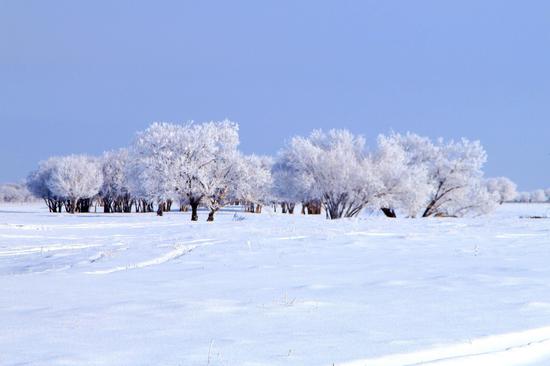


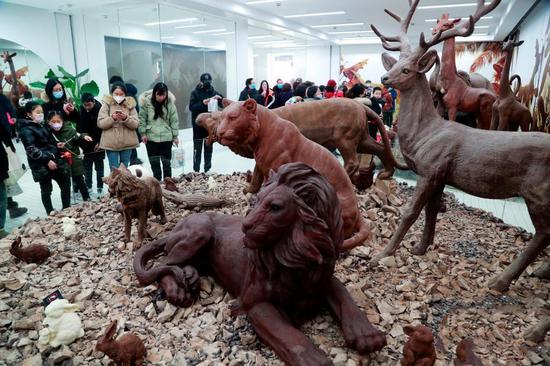
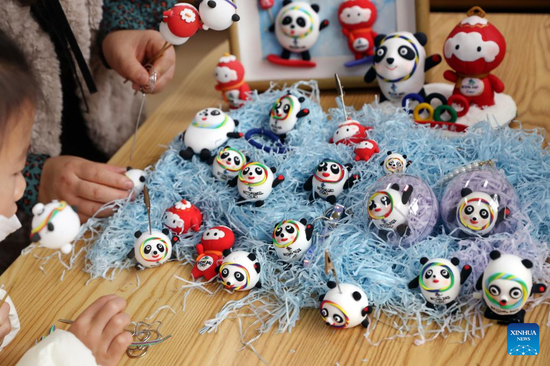
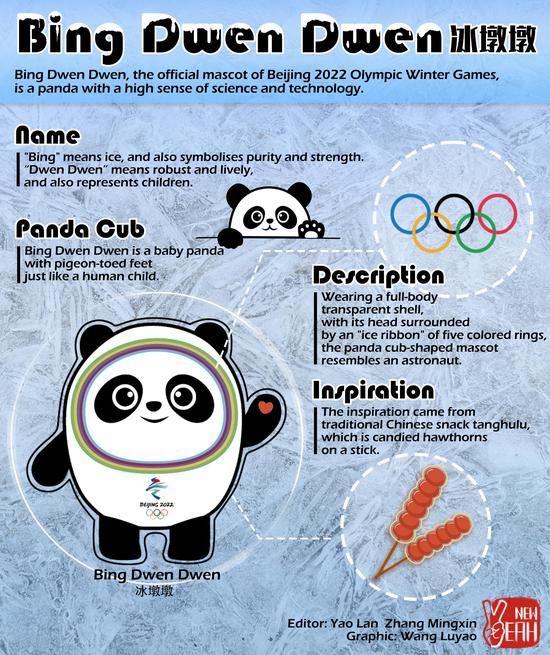
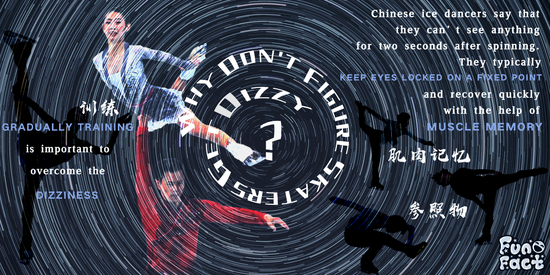

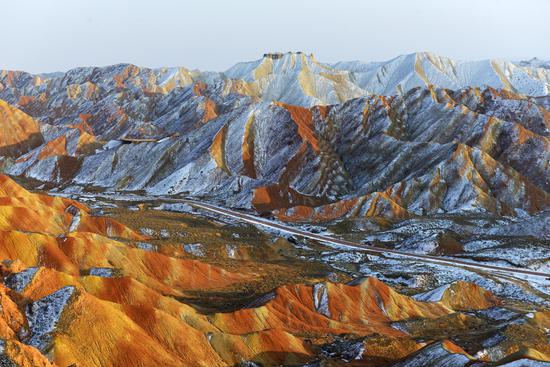







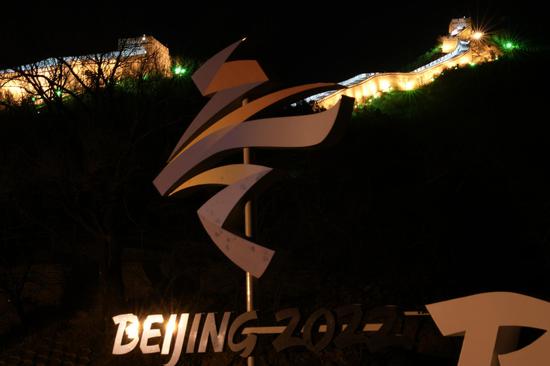
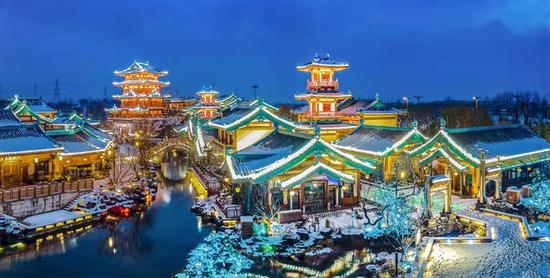
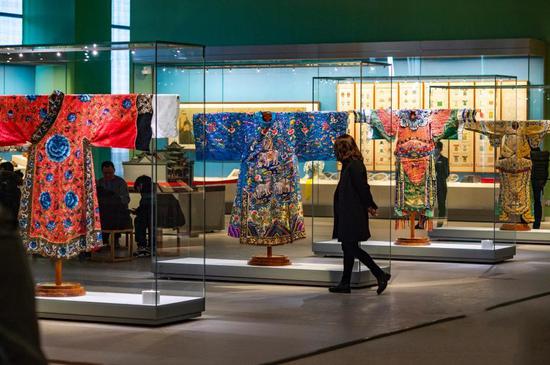
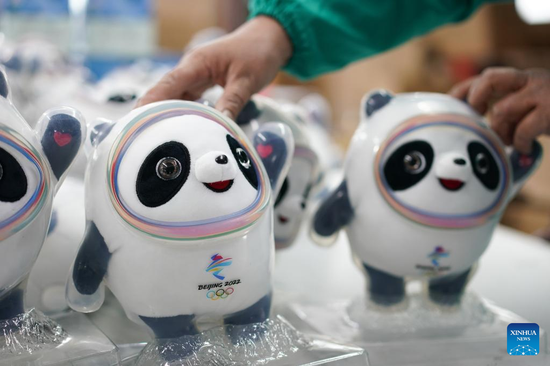
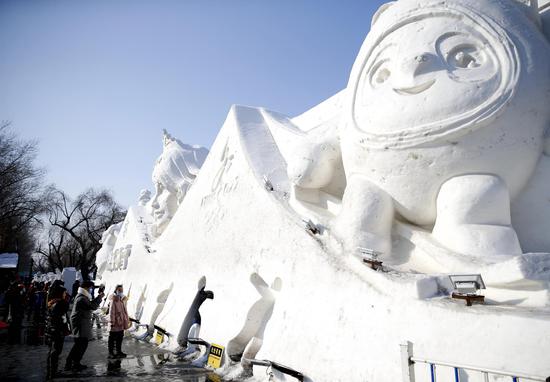


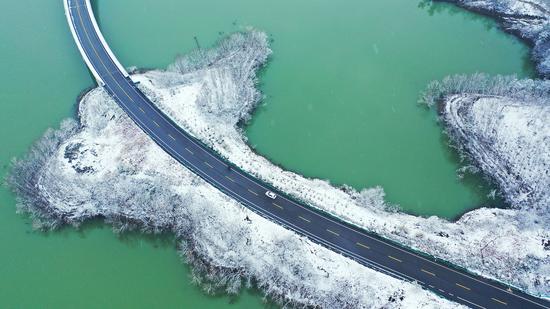
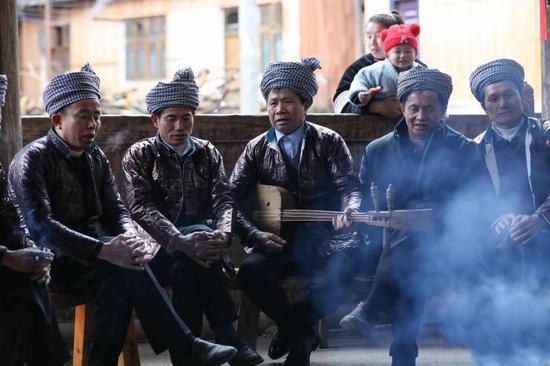
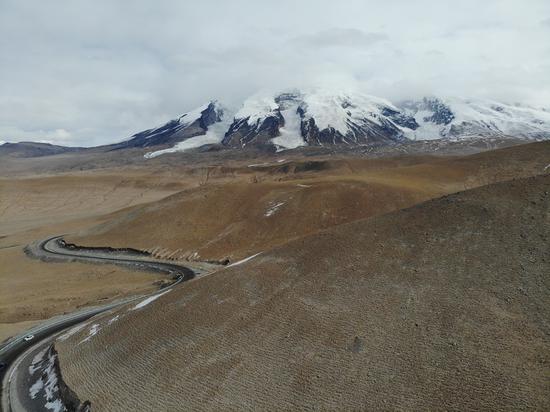
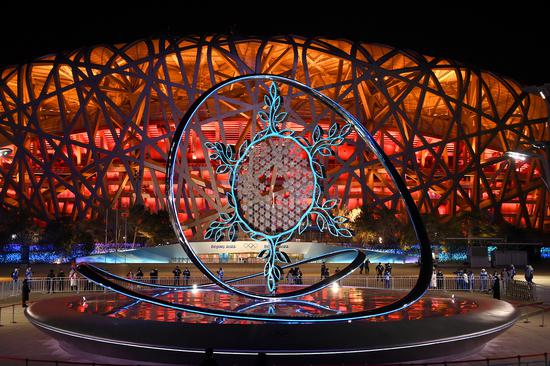
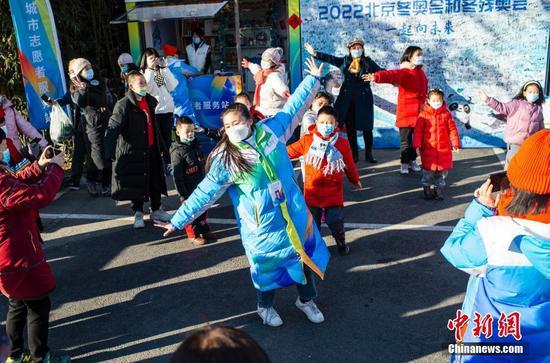
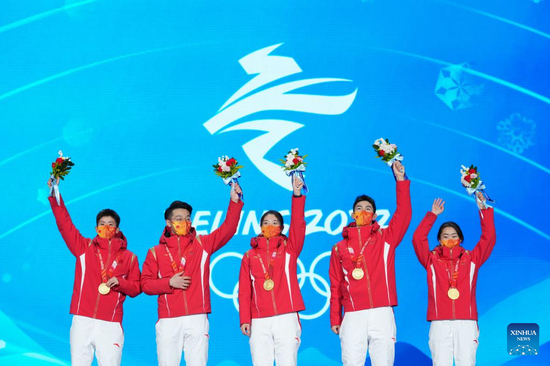
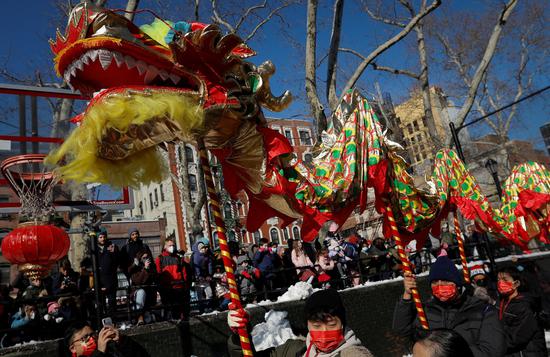


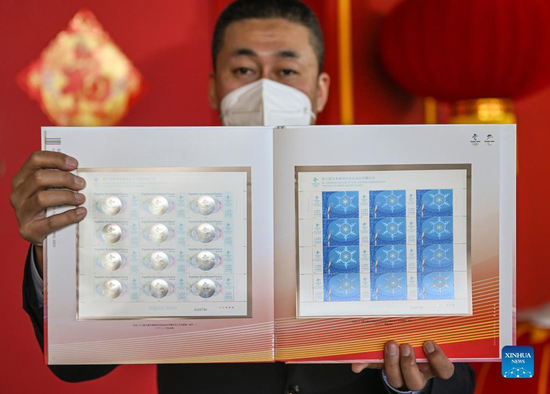
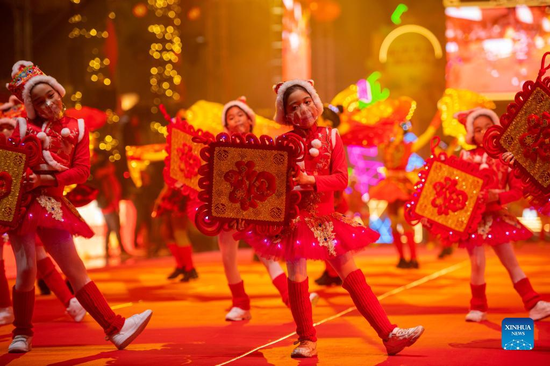





 京公网安备 11010202009201号
京公网安备 11010202009201号